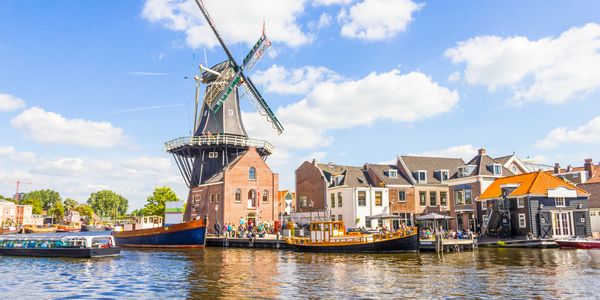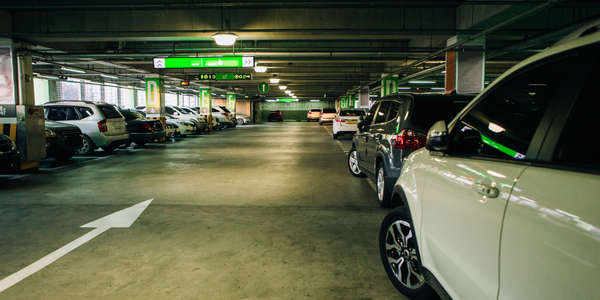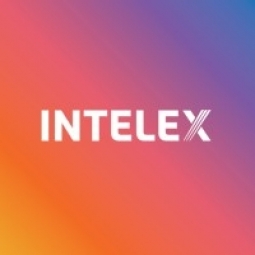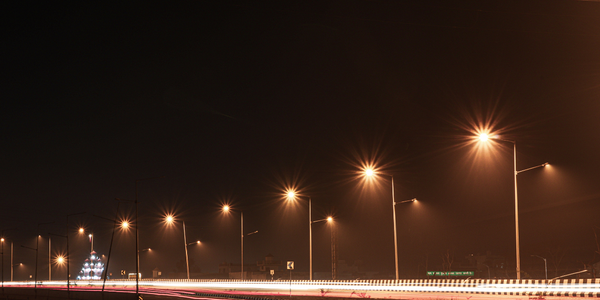Company Size
1,000+
Region
- Europe
Country
- United Kingdom
Product
- Intelex SPI (Sustainability Performance Indicators)
- Intelex Safety Observations Management Software
- Intelex Incident Management Software
- Intelex Audit Management Software
- Intelex Inspection Management Software
- Intelex Job Safety Analysis (JSA) Software
Tech Stack
- Data Analytics
- Real-time Reporting
- Mobile Application
Implementation Scale
- Enterprise-wide Deployment
Impact Metrics
- Environmental Impact Reduction
- Productivity Improvements
- Waste Reduction
Technology Category
- Analytics & Modeling - Real Time Analytics
- Application Infrastructure & Middleware - Data Exchange & Integration
Applicable Industries
- Cities & Municipalities
- Recycling & Waste Management
Applicable Functions
- Logistics & Transportation
- Quality Assurance
Services
- System Integration
- Training
About The Customer
Cory is a company that has evolved from a coal distribution company on the River Thames into one of the UK’s leading waste management, recycling and energy recovery companies. Their vision is to be partner of choice for sustainable waste management throughout London and the South East of England. Cory operates four waste transfer stations in central London on the banks of the river Thames. The waste, which comes from London’s homes and businesses, is placed in containers, loaded onto barges and moved by river to Cory’s Energy Waste plant on the outskirts of London. The ash residue resulting from processing is then moved by river to another site, where it is reprocessed as building materials. Altogether, Cory processes 765,000 tonnes of London’s non-recyclable black bag waste a year.
The Challenge
Cory, a leading waste management, recycling and energy recovery company in the UK, was overly reliant on paper-based forms and checklists, making it difficult to meet current demands while planning an expansion of the business. These paper-based forms needed to be scanned and emailed to a central team who cut-and-pasted relevant information into an Excel spreadsheet for basic analysis. This process was time-consuming, costly, and did not allow for data to be seen in aggregate or in context. The company needed a solution that would streamline data collection, improve visibility of operations, and foster a culture of continuous improvement and awareness.
The Solution
Cory implemented Intelex software applications like SPI (Sustainability Performance Indicators), Safety Observations Management Software and Incident Management Software. These applications allowed Cory to digitise their existing process, breaking old habits of emailing information to each other. The applications also allowed for real-time and accurate information collection, which was used in management meetings to drive decisions. The applications were also able to 'speak' to each other, adding to efficiencies. For example, inspections are one form of administrative control, and they are mandated through the risk assessment process. Being able to link records created in JSA with data in Audit Management and Inspection Management that demonstrate those controls are being applied and are effective is useful.
Operational Impact
Quantitative Benefit

Case Study missing?
Start adding your own!
Register with your work email and create a new case study profile for your business.
Related Case Studies.

Case Study
Turning A Stadium Into A Smart Building
Honeywell created what it called the “intelligent system” for the National Stadium in Beijing, China, turning the venue for the opening and closing events at the 2008 Summer Olympics into a “smart building.” Designed by highly controversial artist Ai Weiwei, the “Bird’s Nest” remains one of the most impressive feats of stadium architecture in the world. The 250,000 square meter structure housed more than 100,000 athletes and spectators at a time. To accommodate such capacity, China turned to Honeywell’s EBI Integrated Building Management System to create an integrated “intelligent system” for improved building security, safety and energy efficiency.
.png)
Case Study
Smart Street Light Network (Copenhagen)
Key stakeholders are taking a comprehensive approach to rethinking smart city innovation. City leaders have collaborated through partnerships involving government, research institutions and solution providers. The Copenhagen Solutions Lab is one of the leading organizations at the forefront of this movement. By bringing together manufacturers with municipal buyers, the Copenhagen Solutions Lab has catalyzed the development and deployment of next-generation smart city innovations. Copenhagen is leveraging this unique approach to accelerate the implementation of smart city solutions. One of the primary focus areas is LED street lighting.

Case Study
Buoy Status Monitoring with LoRa
The Netherlands are well-known for their inland waterways, canals, sluices and of course port activities. The Dutch Ministry of Infrastructure indicates that there are thousands of buoys and fixed items in and near water environments that would profit from IoT monitoring. One of the problems with buoys for example, is that they get hit by ships and the anchor cable breaks. Without connectivity, it takes quite some time to find out that something has happened with that buoy. Not to mention the costs of renting a boat to go to the buoy to fix it. Another important issue, is that there is no real-time monitoring of the buoys at this moment. Only by physically visiting the object on the water, one gains insight in its status.

Case Study
China Mobile Smart Parking
Smart Parking, powered by NB-IoT technology, is making it easier for drivers to find free parking spots. Cities can better manage their parking assets and maximize the revenue available to them as a result. Drivers searching for parking create congestion and pollution by circling and hunting for available parking. Smart Parking services are able to significantly ease these problems by guiding a driver directly to a parking space.

Case Study
Barcelona Case Study
Barcelona’s heavy traffic and its associated high levels of pollution were the primary factors that motivated some companies and universities to work on strategies for improving traffic in the city centre. Bitcarrier is one of the technologies involved in the In4Mo Project, whose main objective is to develop the applications that form the core of smart mobility, one of the fundamental pillars of the smart city concept.




